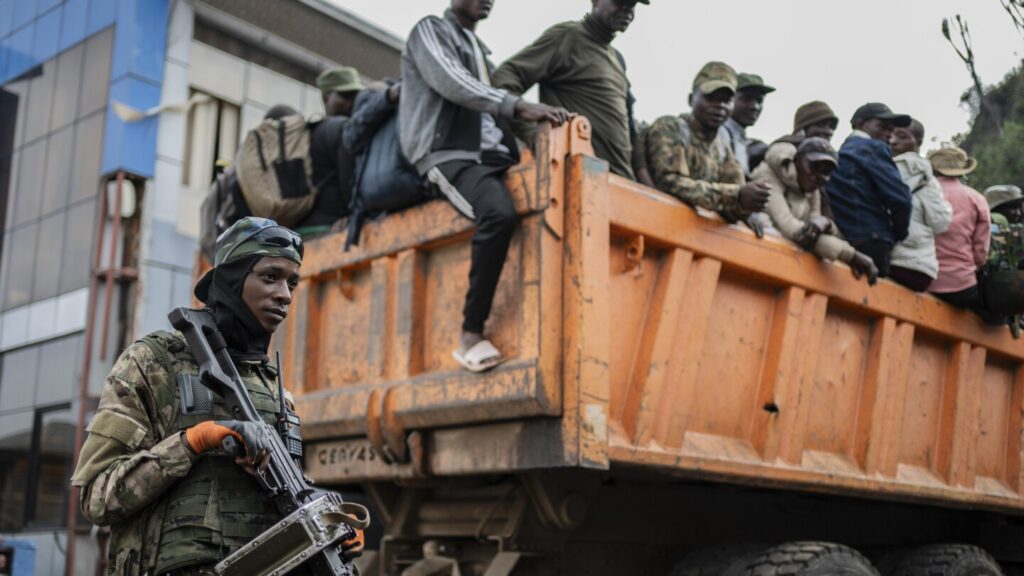DAKAR, Senegal (AP) — A proposed peace deal between the government of Congo and the Rwanda-backed M23 rebels seeks to reinstate government control over rebel-held areas, according to a copy of the draft seen by The Associated Press.
The draft, which was proposed by Qatar, outlines a three-phase process to achieve peace. The proposal will be discussed under mediation by both parties in Doha in coming days. Those directly involved in the peace efforts confirmed its authenticity to AP.
Belgium’s foreign minister, Maxime Prévot, told reporters on Tuesday that Congo’s President Felix Tshisekedi is not satisfied with the draft agreement.
“A new phase of discussions will open in the coming hours and days in Doha. President Tshisekedi confirmed to me that the proposed text is not satisfactory. That is an important element to keep in mind,” said Prévot.
M23 political leader Bertrand Bisimwa said the group is “focused on implementing the Doha Declaration in terms of the ceasefire and the release of prisoners.”
Congo has been wracked by conflict with more than 100 armed groups, with the loss of millions of lives since the 1990s. The current fighting is the most intense in years and culminated earlier this year when M23 rebels captured major cities in the east of the country for the first time in more than a decade.
The group took control of the major cities of Goma and Bukavu earlier this year and has consolidated its hold by appointing loyalists to senior administrative positions. They also control dozens of other smaller towns and villages in North Kivu and South Kivu provinces.
The draft peace deal would be the culmination of a U.S. and Qatar-sponsored attempt at peace that has gotten both Congo and Rwanda to sign a peace deal in Washington last month.
In statements on Tuesday, the Congolese government and M23 accused each other of violating the ceasefire.
The M23 rebel group is the most prominent armed group in the conflict, and its major advance early this year left bodies on the streets. With 7 million people displaced in Congo, the United Nations has called it “one of the most protracted, complex, serious humanitarian crises on Earth.”

